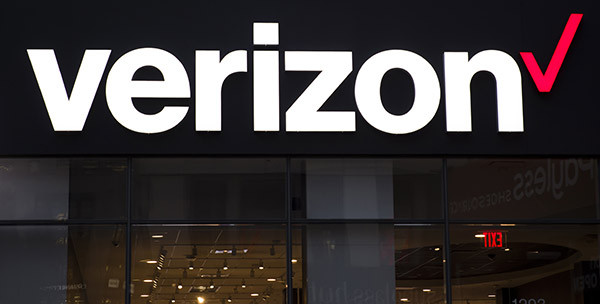On August 15th, 2019, the First Circuit Court of Appeals delivered a ruling in Breda v. Cellco P’ship, a case that has enormous consequences for Telephone Consumer Protection Act (TCPA) compliance with regards to hybrid VoIP-Cellular services.
The case centers around a plaintiff, Robin Breda, who had used Verizon Wireless for her telephone service from 2003 until 2015, at which point she ported her phone number to a hybrid service plan with Republic Wireless. Republic does not have direct access to telephone numbers and ports them to a third party—using Bandwith.com for Breda’s number—that has the authority to provide the number. This “WiFi + Cell Talk + Talk Service Plan” hybrid service from Republic works differently depending on whether or not the customer’s smartphone is connected to WiFi. When the customer’s phone is connected to WiFi, incoming calls are routed through Bandwidth using VoIP technology. But if the smartphone is not connected to WiFi, Republic passes off the call to another third party—a cellphone provider such as Sprint or T-Mobile—to route the call as a cellular telephone call.
The impetus for the plaintiff’s TCPA complaint was automated calls that Breda received from Verizon that seemed to be intended for a different person. Breda indicated to Verizon that she was not the intended recipient—both by pressing a button in an automated menu and in a conversation with a live agent—but continued to receive these calls for a period of time. Importantly, records from Republic show that some of the calls were indeed routed through a cellular telephone network while being transmitted to Breda’s phone.
The district court initially ruled that Breda “was receiving VoIP services rather than traditional cellular telephone services.” Since VoIP calls are not subject to the same regulations as cellular calls, the court granted a summary judgment in favor of Verizon. But the First Circuit reversed this judgment on appeal and set a key precedent on how these hybrid systems are to be considered with regards to TCPA compliance.
The First Circuit Court found a lack of clear guidance from the FCC on these hybrid services. While the district court had essentially ruled that Republic’s system was a VoIP system, the appeals court found it to be distinguishable from systems that use VoIP exclusively. Drawing on the fact that the TCPA is a consumer protection statute, the court broadly interpreted it in favor of consumers to determine that a hybrid service that routes calls through cellular networks should be held to the same regulations and statutes as services that exclusively use cellular networks.
The court also weighed in on the issue of how Breda’s number was classified in the Neustar database. Bandwith does not have the authority to provide cellular telephone numbers, only wireline numbers. As a result, Breda’s number was listed by Bandwidth as a wireline number in the Neustar database—a tracking service that callers use to scrub phone numbers for vital information relating to TCPA compliance. Wireless numbers are subject to much more stringent TCPA regulations compared to the regulations imposed on wireline numbers.
The TCPA’s special restrictions for cellular telephones apply to numbers that are “assigned to” a cellular service. According to Neustar, Breda’s number was listed as being a wireline number—which could presumably be interpreted to mean that her number was not assigned to a cellular service. However, the court found that “to determine whether a telephone number is ‘assigned to a . . . cellular telephone service,’ we need only consider whether the number is being used in connection with such service.”
This last aspect of the court’s ruling is potentially the most significant. In this case, the plaintiff’s number was listed as a wireline number in Neustar. However, the court ruled that Verizon should have treated it as if it were a wireless number. This problem created by the hybrid nature of the telephone service plan presents all sorts of dangers regarding the trustworthiness of Neustar’s nominally accurate classifications regarding whether or not a number is a wireless number. This situation bears continued attention and will likely require new sorts of TCPA compliance plans.
Further Reading
